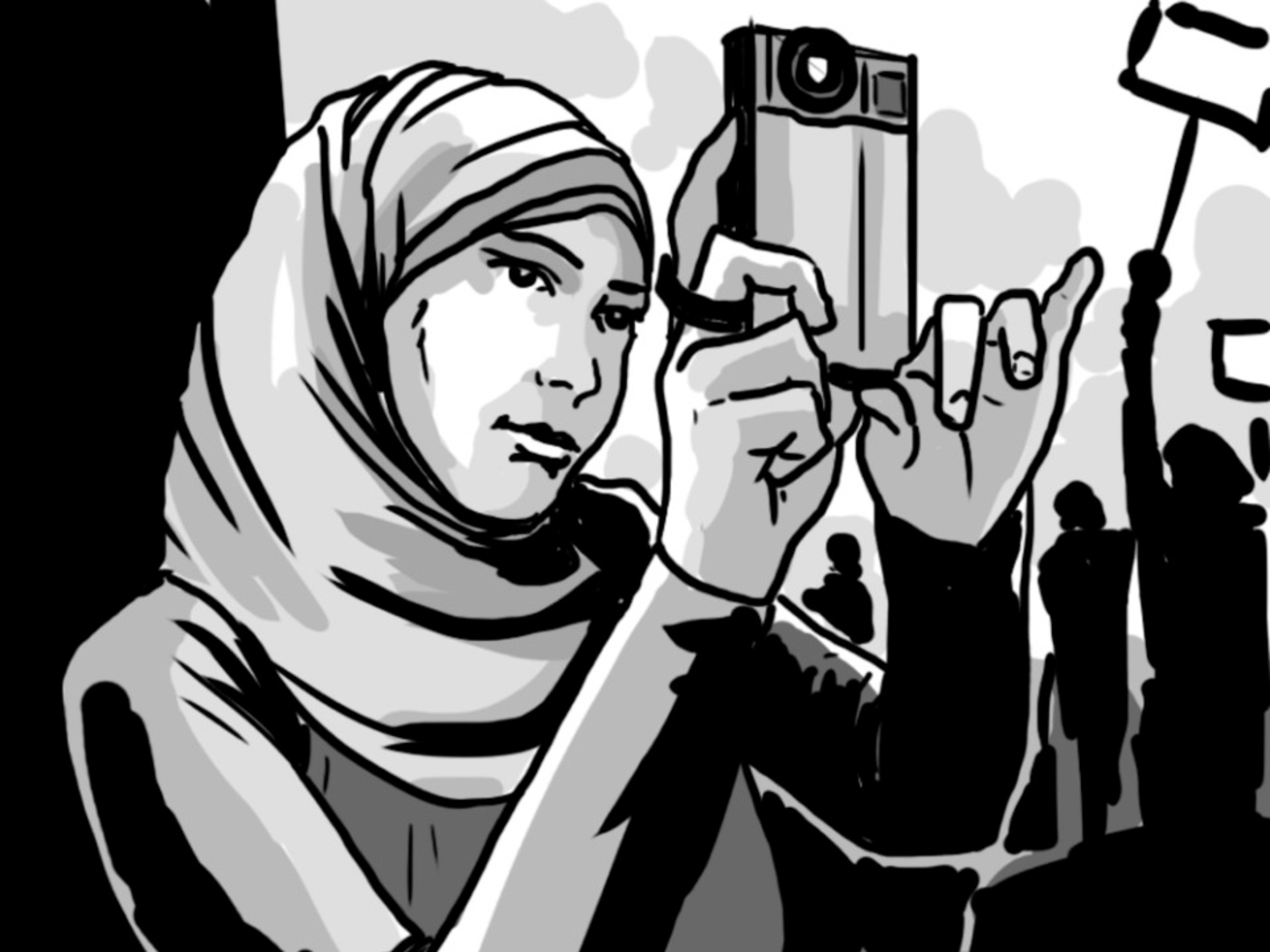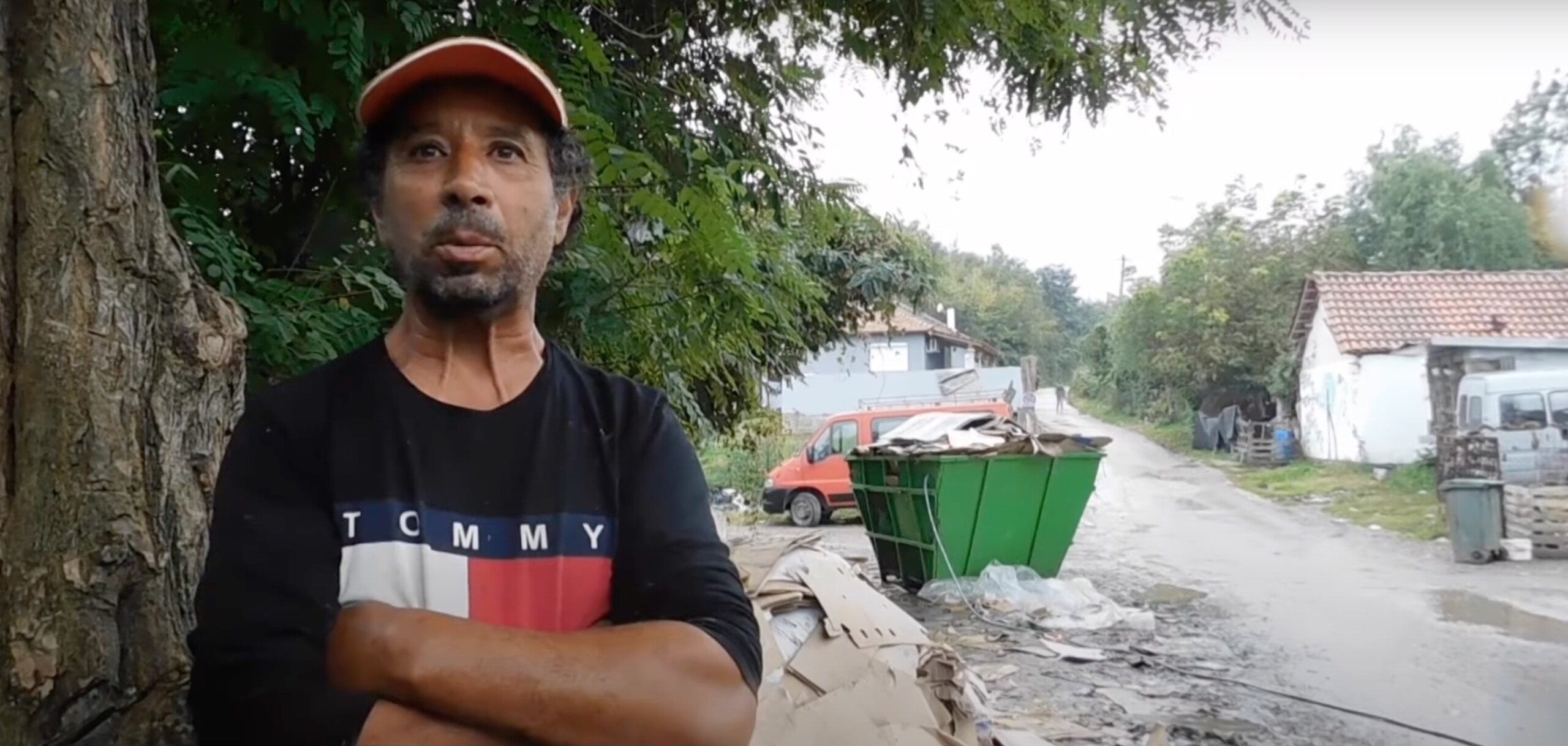Harnessing the Power of Video for Human Rights Advocacy
Video has become one of the most powerful tools for human rights defenders. From exposing violations to amplifying marginalized voices, well-crafted videos can shift narratives, influence decision-makers, and mobilize communities. That is why WITNESS, in collaboration with ESCR-Net’s Reclaiming Our Stories project, has developed a comprehensive guide: Developing Videos for Advocacy.
Why Video Matters in Advocacy
Videos have a unique ability to put a human face on complex issues, spark emotions, and make abstract injustices visible. Unlike reports or statistics, videos can convey urgency, credibility, and lived experience in ways that resonate deeply with audiences. They can be presented to courts, screened in community assemblies, or shared widely on social media—each context multiplying their impact.
What the Guide Offers
The resource is structured around the entire video-making process, helping activists and communities make strategic choices at every step:
- Before Filming: How to establish purpose and audience, assess risks, and ensure credibility.
- During Filming: Basics of composition, sound, and interviewing techniques—including smartphone filming and informed consent practices.
- After Filming: Guidance on editing ethically, safe storage of recordings, and building a strong distribution strategy to maximize impact.
The guide also provides practical tools and tip sheets—such as concealing identity techniques, obtaining informed consent, and using a “mini video action plan” to connect storytelling with advocacy goals.
Learning from Real-World Cases
The resource draws from inspiring experiences:
- The Júba Wajiín community in Mexico, who produced videos to fight unjust mining concessions and mobilize national support.
- The Endorois people in Kenya, who used video evidence to strengthen their landmark case at the African Commission on Human and Peoples’ Rights while preserving oral histories for future generations.
Access the Resource
This guide is part of a broader effort to empower communities to document their own struggles and shape the narratives that affect their lives.
🎥 Browse 180+ training materials in 20+ languages at the WITNESS Library


